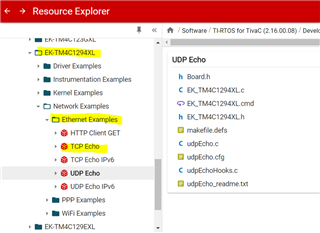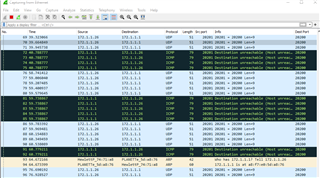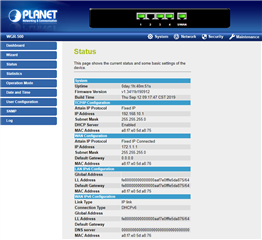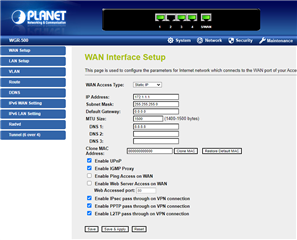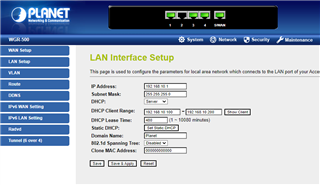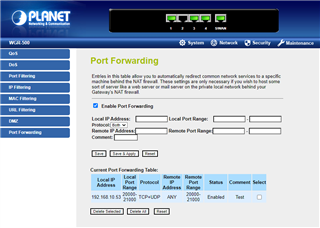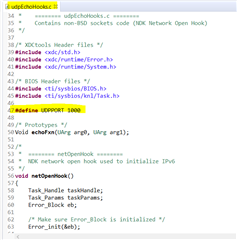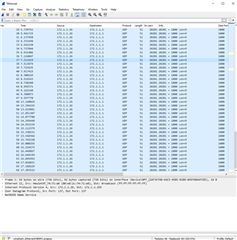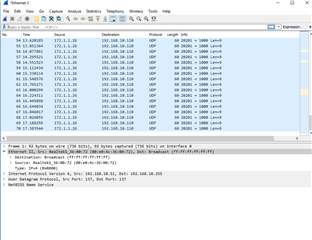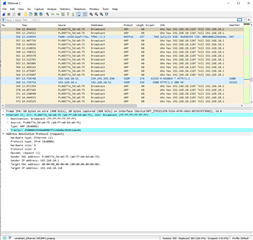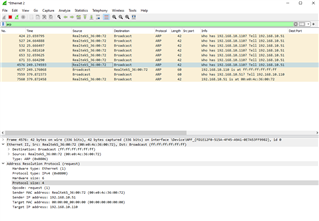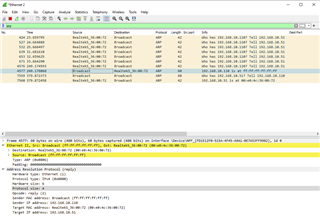I configured my board following configuration [NDK only part].
Everything is allright when device is connected switch. But when connected Router, i can not forward packets to my device.
I see ARP packet continously [Who has 192.168.10.110? Tell 192.168.10.1. Device can not response this ARP message.
Can not comminicate device when conntected Router.
Is there any valuable information i missed out ?
/* ================ Application Specific Instances ================ */
/* ================ NDK configuration ================ */
var Ndk = xdc.loadPackage('ti.ndk.config');
var Global = xdc.useModule('ti.ndk.config.Global');
var Ip = xdc.useModule('ti.ndk.config.Ip');
var Udp = xdc.useModule('ti.ndk.config.Udp');
Global.IPv6 = false;
Global.stackLibType = Global.MIN;
Global.networkOpenHook = "&netOpenHook";
/* automatically call fdOpen/CloseSession for our sockets Task */
Global.autoOpenCloseFD = true;
Global.pktSizeFrameBuf = 2048;
Global.pktNumFrameBufs = 60;
Global.memRawPageCount = 6;
Global.ndkThreadStackSize = 4096;
Global.lowTaskStackSize = 2048;
Global.normTaskStackSize = 2048;
Global.highTaskStackSize = 2048;
Ip.ResolveIP = true;
Ip.CallByIP = false;
Ip.autoIp = false;
Ip.address = "192.168.10.110";
Ip.mask = "255.255.255.0";
Ip.gatewayIpAddr = "192.168.10.1";
//Ip.ifIdx = 1;
Ip.socketTimeToLive = 64;
Ip.enableFiltering = true;
Ip.domainName = "tiva.net";
Global.netSchedulerOpMode = Global.NC_OPMODE_INTERRUPT;
Global.netSchedulerPri = Global.NC_PRIORITY_LOW;



